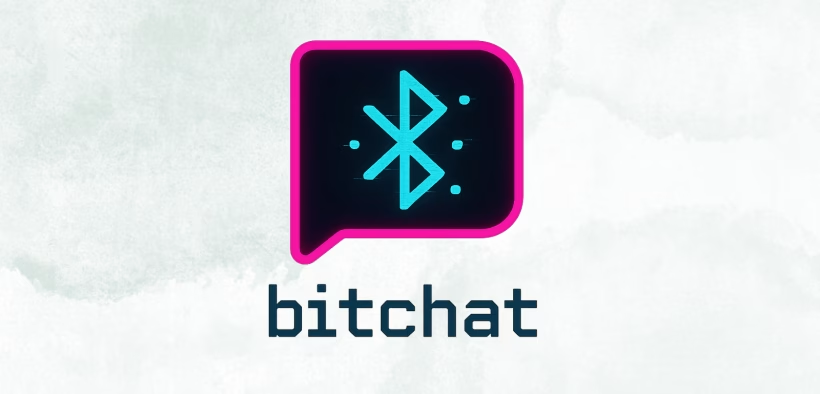Jack Dorsey, co‑founder of X (formerly Twitter), has launched Bitchat, a novel messaging app that bypasses traditional internet connectivity by leveraging Bluetooth mesh technology. Unlike mainstream apps such as WhatsApp or Telegram, which rely on internet access, Bitchat lets users exchange encrypted messages directly via nearby Bluetooth-enabled devices.
Advertisements

In a post on X, Dorsey described Bitchat as a personal project to “learn about Bluetooth mesh networks, relays and store and forward models, message encryption models,” noting its resemblance to IRC chat systems. The app uses a mesh network architecture where each smartphone acts as both sender and relay node. As users move, their devices automatically join or leave Bluetooth clusters, relaying messages across phones and extending the effective communication range. Though Bluetooth typically covers around 100 meters, Bitchat reportedly achieves up to 300 meters of message relay.
Messages sent through Bitchat are end‑to‑end encrypted and stored on the devices, not on central servers, enhancing privacy and security. Chats are ephemeral by default—they vanish unless actively protected. The app also supports “rooms” (group chats denoted by hashtags and optionally password‑encrypted), which can store messages and forward them to users who join later.
Currently, the iOS version is live via TestFlight, though capped at 10,000 users, and awaiting App Store approval. While no Android app exists yet, Dorsey’s GitHub repo confirms the protocol is cross‑platform, compatible with Bluetooth LE APIs and structured encryption, enabling future Android adoption.
Though not poised to supplant mainstream messaging platforms anytime soon, Bitchat offers resilience in areas with unreliable connectivity—punking out cellular or Wi‑Fi, or even in settings with deliberate internet shutdowns. Much like Bridgefy, used during Hong Kong protests, Bitchat enables communication in crisis situations without internet access.
In summary, Bitchat is an intriguing experiment in decentralized, infrastructure‑free messaging—blending Bluetooth mesh networks with encryption to redefine how people connect when the internet can’t.

